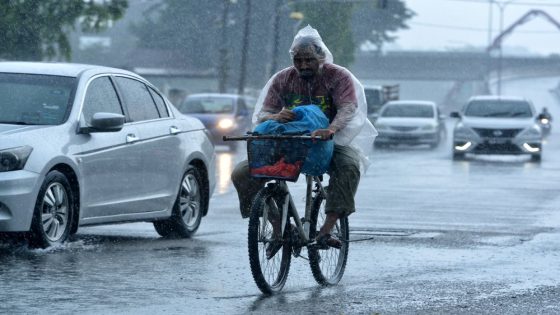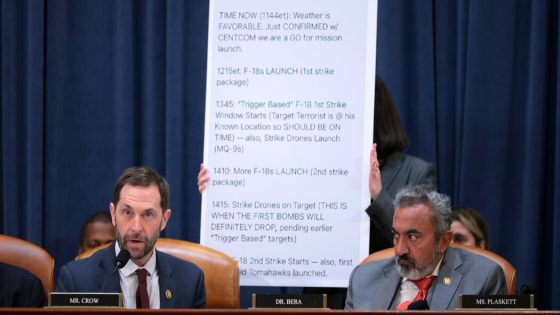The Supreme Court ruled on April 7, 2025, that the Trump administration may continue deporting Venezuelan migrants under a wartime powers act. This decision overturned a lower court’s temporary halt on these deportations and clarified that challenges to such actions should be raised in Texas rather than Washington, D.C.
- Supreme Court allows Trump to deport Venezuelans
- Ruling focuses on venue, not law usage
- Migrants should challenge deportations in Texas
- Justice Kavanaugh emphasizes need for judicial review
- All justices agree on availability of review
This ruling is seen as a victory for the Trump administration, focusing on jurisdictional issues rather than the legality of using the Alien Enemies Act against Venezuelans. The justices did not address whether the categorization of these migrants was appropriate.
The context surrounding this ruling involves ongoing debates about immigration policy and national security. The Trump administration has justified its actions by invoking a centuries-old law aimed at managing foreign nationals during wartime. Critics argue this approach undermines due process rights for vulnerable populations seeking asylum.
Key points from the ruling include:
- The Supreme Court’s order was brief and unsigned, typical for emergency applications.
- Justice Brett M. Kavanaugh noted all justices agree judicial review is available for detainees.
- The disagreement among justices pertains solely to where these reviews should occur.
This decision allows deportations to continue while ensuring that affected individuals can still seek judicial review of their cases. However, it raises questions about how effectively those reviews can be conducted if they must take place outside of Washington, D.C., where many advocacy groups are based.
This ruling highlights significant aspects of U.S. immigration law and its implications for Venezuelan migrants facing deportation amid ongoing political turmoil in their home country. As legal battles continue, attention will focus on how these policies affect vulnerable populations seeking refuge in the united states.

































